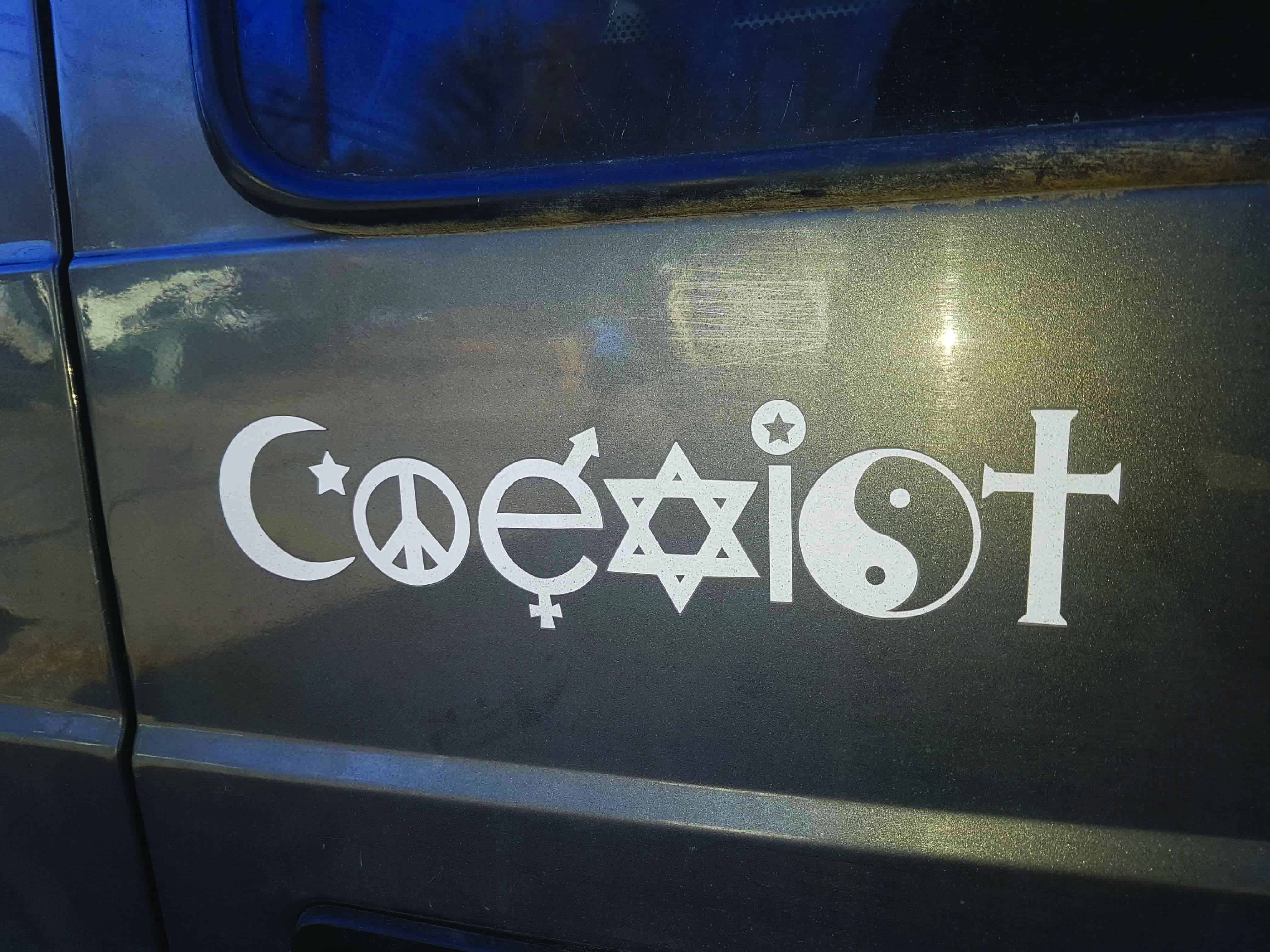Quebec’s proposed clothing ban: celebrating some, not all

author: maria aman | contributor

jeremy davis
Religion can be a sensitive topic, but it doesn’t have to be a divisive one. If one religion is actually right, then all others are fundamentally wrong, right? Well, people around the world believe in different religions, or in many cases none at all.
In my opinion, if the religious clothing ban in Quebec were to (unjustly) go forward, religious symbols of any kind should not be in or on public buildings. To me there is hypocrisy coming from premier-designate Francois Legaut – how are some religious symbols to be permitted (namely, the crucifix), and some not? It isn’t fair. Christian-centrism being a tradition for a long time does not make it automatically appropriate in our ever-changing and globalized societies. Are we as Canadians not to be setting an example of tolerance and acceptance for our neighbouring nations as well as our future generations?
As supposed leaders in human rights around the world, this to me is an unfortunate chapter in Quebec’s history. We have seen the tribulations that church and state together have brought up; Canada’s history with Residential Schools tearing apart families and communities. Would keeping the crucifix on public buildings not be a reminder of the devastation these schools caused? I think that within this proposed religious ban, making public buildings’ decor a neutral and safe space for all should be the priority, not preserving religious symbols’ so-called history.
Dominant symbols of Christianity are constantly in our faces in our society with things like special parties and public holidays at Christmas and Easter (which I have nothing against, by the way). But why celebrate some and not all? Just because Quebec’s population was at one point represented by the crucifix doesn’t mean they always should be. Things change, and change is good. That means there is progress happening in society, that means inclusion and tolerance are being practiced, and that new populations of people from different places and faiths will feel more welcome in this country.
A person’s religion is a part of their identity. In a true and just society, why would someone have to hide a part of them, to be able to live and work freely without persecution and control? Telling someone they are not allowed to wear hijab, a religious necklace, or another covering is policing someone in a democratic country. It makes people feel controlled, like passive participants in society going through the motions. People of faiths affected by this law would not be able to speak their mind or feel that their opinions are valued, and by not allowing people to feel free, we are limiting their potential and our potential as a nation.
We must start to think of one another as brothers and sisters, as a collectivistic society instead of individually-based. When we care less about what people are wearing and more about the people themselves, we can see past these divisive discussions about religion and grow to start understanding each other.








